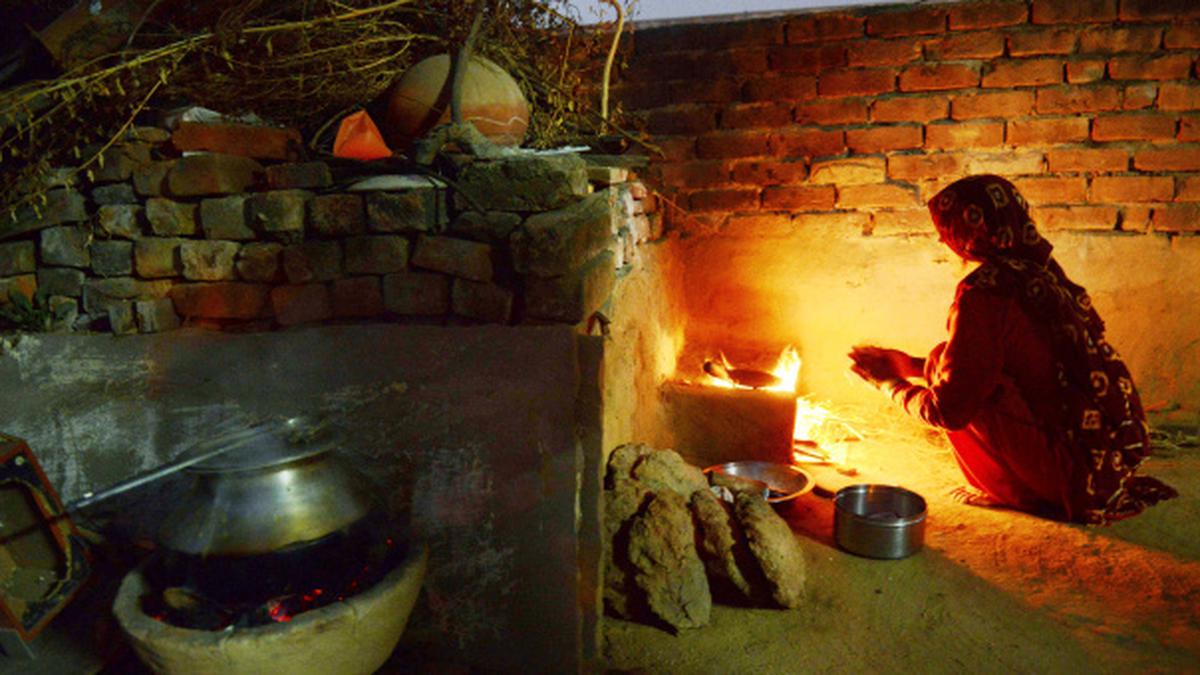
‘Financial inclusion’ enables rural households to respond better to known climate risks, says ISB study
The Hindu
Latest study by the ISB has shed light on the pivotal role of ‘financial inclusion’ in mitigating climate risks for rural households
A latest study by the Indian School of Business (ISB) has shed light on the pivotal role of ‘financial inclusion’ in mitigating climate risks for rural households.
The study pointed out that ‘financial inclusion’ alleviates the need to hold liquidity, relieving the resource constraint and enabling rural households to respond better to known climate risks.
The study, conducted in the semi-arid tropics across nine States including Karnataka, Odisha, Bihar, Jharkhand, Gujarat, Telangana, Andhra Pradesh, Madhya Pradesh and Maharashtra— focuses on how access to formal financial institutions empowers rural households in vulnerable communities to navigate the challenges posed by climate change.
It examines the relationship between climate risk, financial inclusion, and household liquidity using household-level panel data from 1,082 rural households in Indian semi-arid tropics from 2010-2014.
Authored by Professor Ashwini Chhatre, executive director, Bharti Institute of Public Policy (ISB), along with Professor Prachi Deuskar of ISB and collaborators in England and Australia, including Javed Mohib and Deepanshi Bhardwaj, the research study titled ‘Financial Inclusion Mitigates Climate Risks for Rural Households: A Study in Semi-Arid Tropics’, was recently published in multidisciplinary science journal Scientific Reports-Nature.
According to the study, households facing higher climate risks tend to hold a larger proportion of their assets in a form that can be easily converted to cash. This allows them to cope with unpredictable climate shocks. Generally, this strategy forces households to reduce investments in productive assets, which typically cannot be easily converted to cash at short notice.
However, access to formal financial institutions, such as banks reduces this need for liquid assets. Households with financial inclusion hold a smaller share of their assets in liquid form compared to those without such access. This suggests that financial inclusion enables rural households to allocate resources more efficiently towards addressing climate risks, as they do not need to rely as much on liquid assets.

Bhanu Prakash Yeturu, Deputy Election Commissioner, Election Commission of India, chaired a zonal-level review meeting on Special Intensive Revision (SIR) works, here on Tuesday. The meeting, which witnessed the participation of 10 District Collectors (District Election Officers), involved high-level oversight by national and State election authorities.












